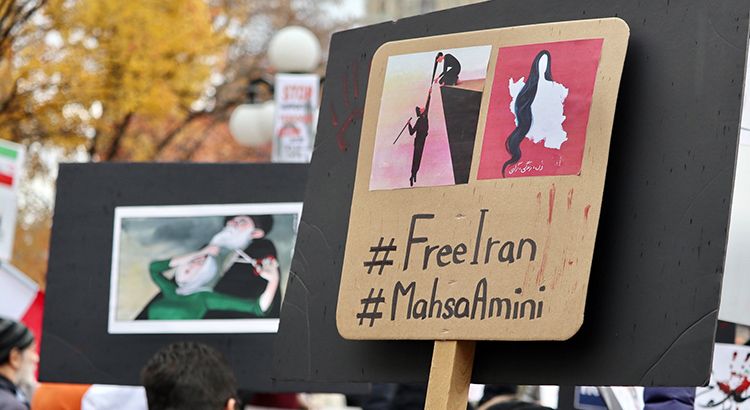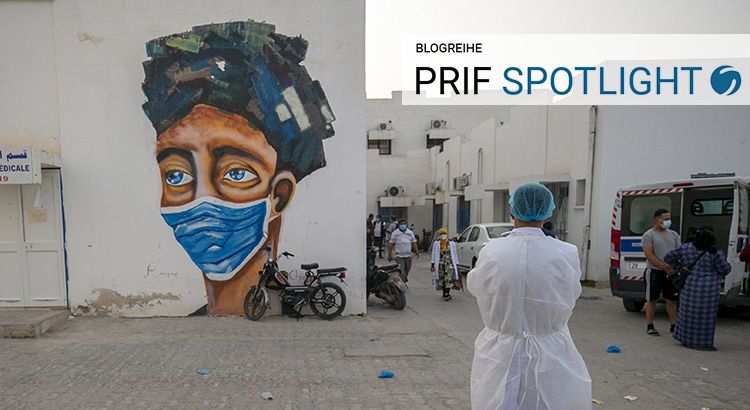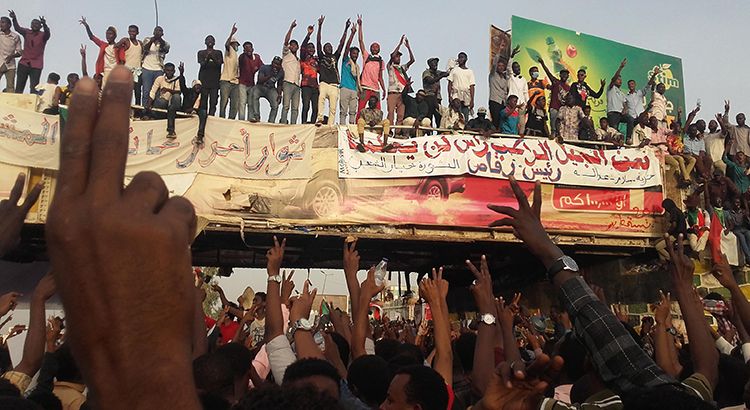Will the Protests in Iran Change Regional Power Dynamics in the Middle East?
Images of Iranian women burning their hijab in the last four weeks demonstrates the unraveling of the ideological foundations of the Islamic Republic. This discontent, however, extends beyond Iran’s borders, and has strained the relationship with its regional clients. We argue that the ongoing demonstrations in Iran may exacerbate Iran's already-shifting regional position, as the ongoing protests both question the legitimacy of the regime within and outside the country, and further weaken Iran’s capacity to support its clients in the Middle East.


